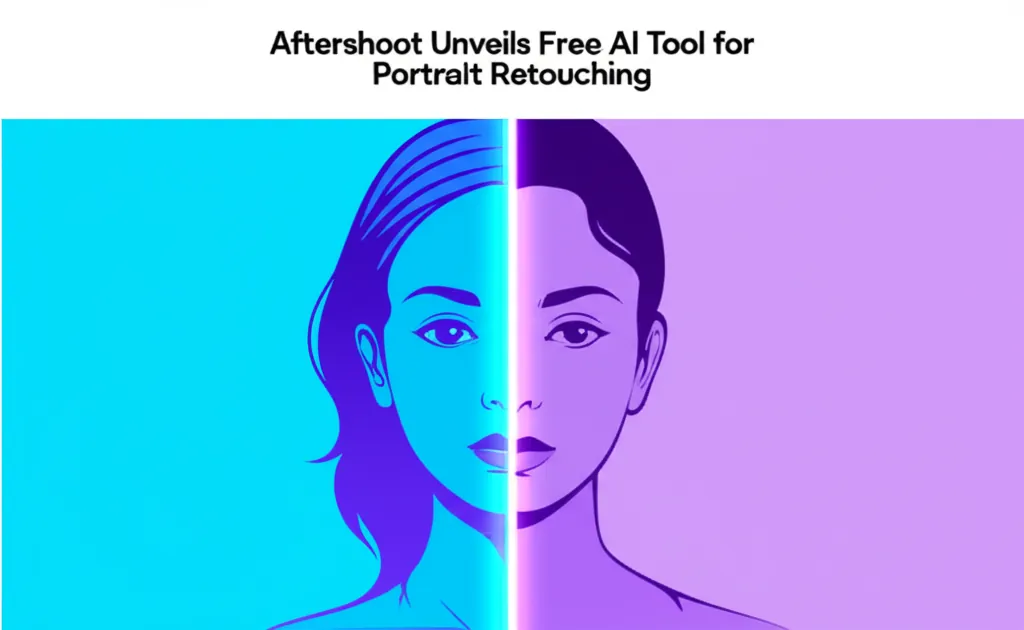Developer Offer
Try ImaginePro API with 50 Free Credits
Build and ship AI-powered visuals with Midjourney, Flux, and more — free credits refresh every month.
Will AI Undermine Copyright for Australian Creators
A Generational Clash Over Copyright
My niece Winnie and I have always had one point of contention: intellectual property royalties. From her early teens, her perspective represented a generation taught to freely share and consume online content. Her stance was that mega-corporations like Sony, Apple, and Netflix could afford it, so why should broke teenagers worry about paying for music or movies? She saw it as sticking it to the man, the billionaire nerds controlling communication. She'd even call out what she saw as my generation's hypocrisy, comparing her downloads to my old mixtapes copied from the radio.
This generational divide is a battle I've been fighting for years, but it feels more urgent now than ever. We are on the verge of a major conflict over the value of intellectual property, and I worry that those of us over 50 might be fighting it alone. This generation was trained by experts to take and share content, often trading their own data and privacy in a world where the lines between 'yours' and 'mine' have blurred.
We stand at the brink of a generational fight over the importance of IP and its value to the creator. (Unsplash: Glenn Carstens-Peter)
AI Could Be Trained on Copyrighted Australian Work
The Productivity Commission recently released an interim report with a startling proposal: creating a 'text and data mining' exception to the Australian Copyright Act. In simple terms, this would legalize the use of copyrighted Australian material to train AI large language models like ChatGPT. The proposal suggests fitting this into the existing 'fair dealing' exceptions in our copyright law.
Why now? The commission sees a potential economic boom, estimating an $116 billion windfall over the next decade driven by AI and digital technology. They argue that harnessing data this way is a direct path to economic growth. But in the pursuit of this growth, a sole ideal of a modern economy, we are being asked to trade away the few financial benefits that original creativity offers.
This is a devastating prospect. Artists have already been forced into terrible deals with streaming services, sacrificing what would have been a fortune in the past. If you watch songwriter Julianna Zachariou calculate her Spotify earnings live, you'll understand the grim reality. The revenue she receives from streams would have made her a millionaire in the 1970s. This new proposal wants to take the one thing creatives own and give it away for free.
Free Food for Big Tech
It might not be surprising that I'm appalled by this. As someone who champions original creativity, the thought of copyrighted work being used as free food for the insatiable maws of Big Tech so they can get even richer is infuriating. I already struggle with the current 'fair dealing' provisions while producing my show, Creative Types. We have to jump through legal hoops to justify using even a 45-second film clip in a relevant, analytical discussion. It's maddening that my work remains difficult while Big Tech's path to enrichment gets easier.
The move seems so obviously foolish that its opposition feels self-evident, which is exactly why it will probably pass. Time and again, Big Tech has evaded regulation on countless issues. They have successfully persuaded institutions like the Productivity Commission that getting more for nothing is in everyone’s best interest.
An Educated World?
As they've grown older, younger Australians like my niece Winnie have become more discerning. She is now fiercely protective of her privacy and is just as angry as I am about how little the digital world has compensated the musicians she loves.
However, the machines and their operators hold the power now. Decades ago, Isaac Asimov envisioned a future where 'machines will do the work that makes life possible and that human beings will do all the other things that make life pleasant and worthwhile.' We've made the trades to allow for this, but we seem to have forgotten his most important condition: this reality required 'a properly automated and educated world.'
In our rush to offload work we deem tedious, we have failed to educate ourselves on the true consequences. Asimov never intended for his predicted world to be one without art.
Virginia Trioli is presenter of Creative Types and a former co-host of ABC News Breakfast and Mornings on ABC Radio Melbourne.
Compare Plans & Pricing
Find the plan that matches your workload and unlock full access to ImaginePro.
| Plan | Price | Highlights |
|---|---|---|
| Standard | $8 / month |
|
| Premium | $20 / month |
|
Need custom terms? Talk to us to tailor credits, rate limits, or deployment options.
View All Pricing Details

